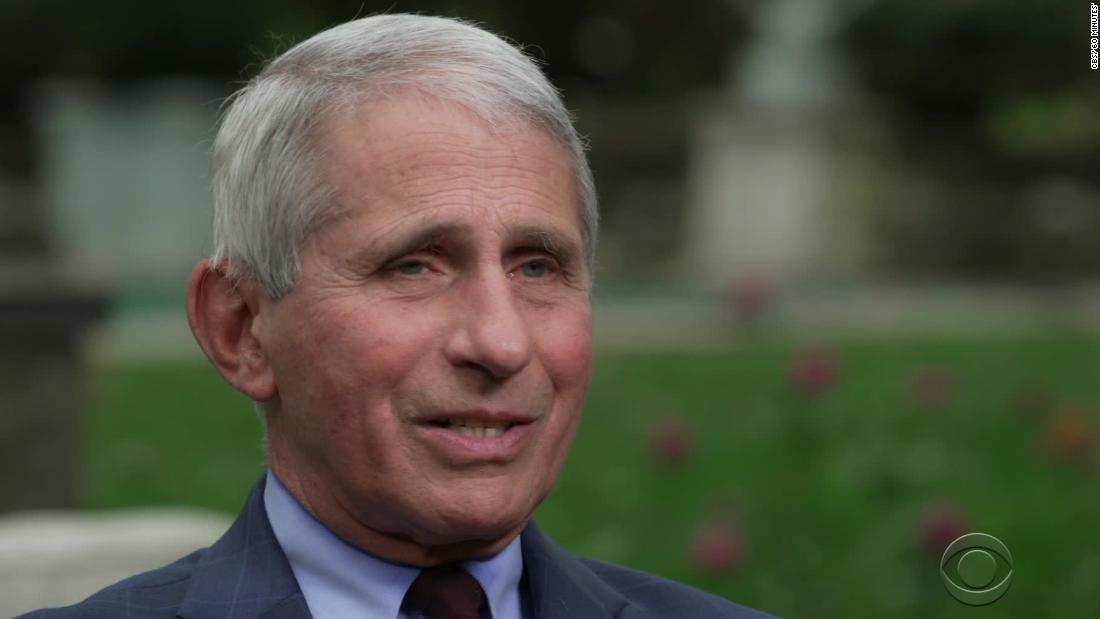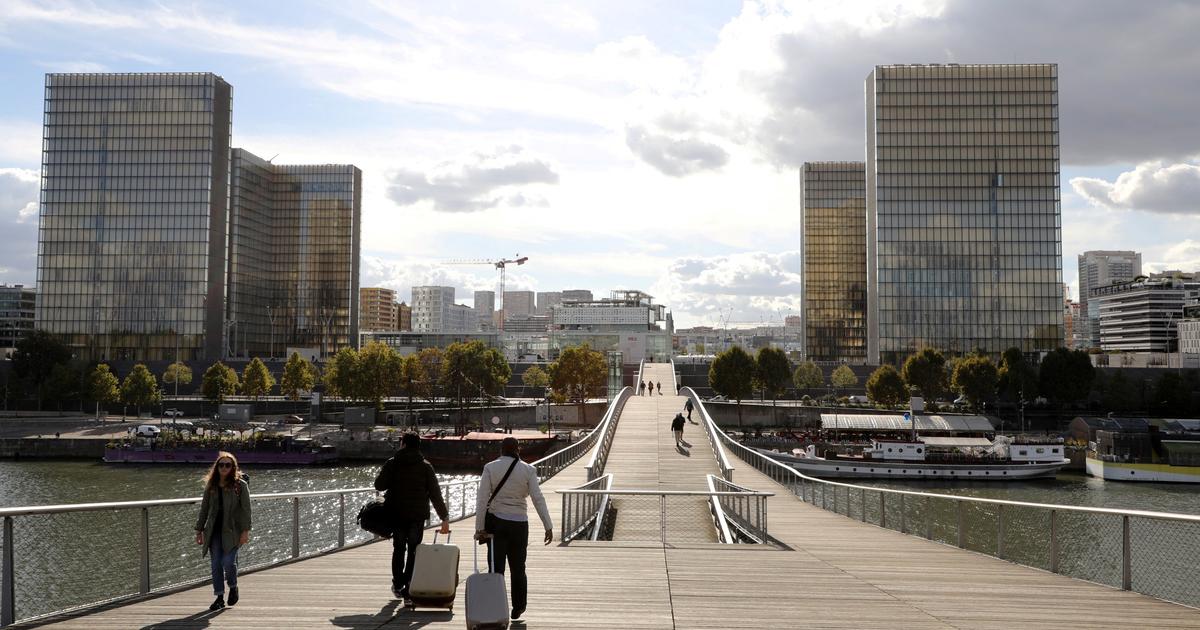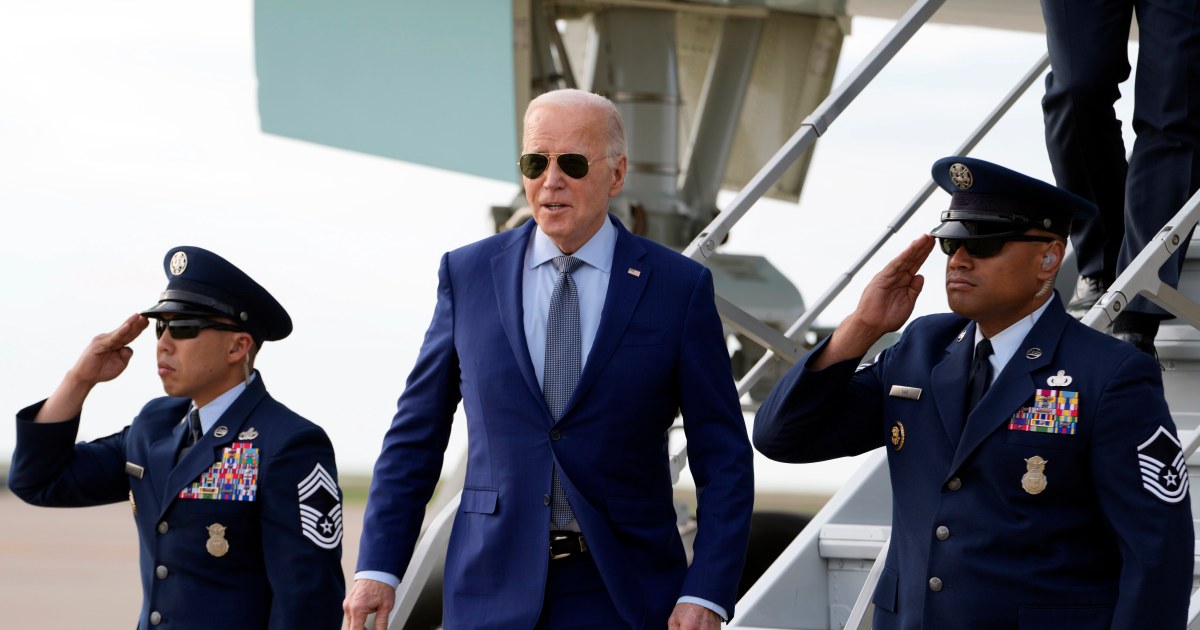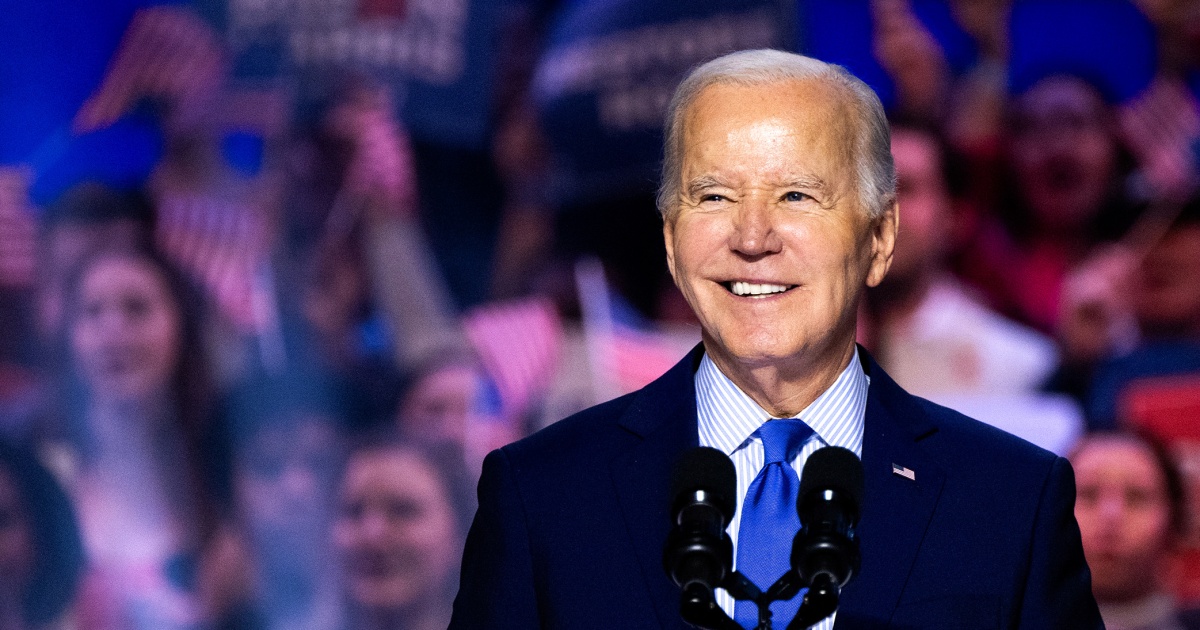Covid-19: the key days for contagion 2:27
(CNN) -
Despite the fact that the United States has seen an increase in COVID-19 cases and deaths, Dr. Anthony Fauci says things would have to get "very, very bad" for him to advocate lockdown. at the national level.
The United States averages more than 55,000 new cases a day, more than 60% since a drop in mid-September.
And experts say the country is in the midst of the dreaded fall surge.
On Friday, the U.S. reported the most single-day infections since July.
As of Saturday, more than 8.1 million cases of the virus had been reported in the U.S. and 219,666 people had died, according to Johns Hopkins University.
"The country is fatigued with restrictions," Fauci said about the possibility of a national blockade
With all the previous and current measures to counteract the spread of the virus, "the country is weary of restrictions," Fauci, director of the National Institute of Allergy and Infectious Diseases, said during an interview on "60 Minutes" Sunday night. .
"We want to use public health measures not to get in the way of opening up the economy, but to be a safe door to opening up the economy," Fauci told CBS News chief medical correspondent Dr. Jonathan LaPook during the interview.
«So, instead of having a resistance, open the economy, recover jobs, or blockade.
No, put aside the blockade and say 'we are going to use public health measures to help us safely get to where we want to go.'
He added that it is not yet safe to say that the country is "on the way out of this for good."
advertising
Reported cases of covid-19 in the states
There is hardly any place in the United States where COVID-19 case counts are in the right direction as the country heads into what health experts say will be the most challenging months of the pandemic.
Only Missouri and Vermont saw an improvement of more than 10% in the average number of cases reported in the last week, according to data from the university.
Cases in Connecticut and Florida, on the other hand, increased by 50% or more.
Twenty-seven states had peaks between 10% and 50%: Alabama, Arizona, Colorado, Georgia, Idaho, Illinois, Indiana, Iowa, Kansas, Massachusetts, Michigan, Minnesota, Mississippi, Nebraska, Nevada, New Jersey, New Mexico, Dakota North, Ohio, Rhode Island, South Carolina, South Dakota, Texas, Washington, West Virginia, Wisconsin, and Wyoming.
New cases are static in the remaining states.
"This is really a harrowing time and people need to be careful," said epidemiologist Dr. Abdul El-Sayed.
LEE
: The president of a New York university resigns after more than 700 students tested positive for covid-19
'This rise in covid-19 has the potential to be much worse'
On Friday, 10 states reported their highest counts in one day: Colorado, Idaho, Indiana, Minnesota, New Mexico, North Carolina, North Dakota, West Virginia, Wisconsin and Wyoming, according to Johns Hopkins.
As infections increase, so do hospitalizations.
In New Mexico, hospitalizations increased 101% this month, said Gov. Michelle Lujan Grisham.
More hospitalizations will likely be followed by an increase in daily deaths from coronavirus, said Dr. Francis Collins, director of the National Institutes of Health.
Although the average of 700 coronavirus deaths a day in the United States remains lower than the daily rates of 1,000 in July and August, researchers at the University of Washington project that more than 2,300 Americans could die daily in mid-January. .
"When we saw this type of transmission at the beginning of the pandemic, in March and April, the virus had not been spread everywhere ... This increase has the potential to be much worse than it was in spring or summer," he said. El-Sayed, Detroit's former health director.
State leaders impose new restrictions
Americans can help control the virus, experts say, by following guidelines touted by officials for months.
Avoid crowded places, keep your distance, hold small outdoor gatherings, and wear a mask.
“This is a good time for people to stop and ask themselves, 'What can I do to make sure we limit additional infections that would otherwise seem to lurk in front of us as cold weather is rolling in and the People are indoors, and those curves are going up, in the wrong direction? '”Collins said Friday.
The increases have prompted state leaders to impose new restrictions, including wearing masks and limits on gatherings, in hopes of slowing the spread.
LEE
: The United States is approaching 8 million cases of covid-19 and the rate of new infections promises a difficult winter
Nebraska Governor Pete Ricketts announced changes to the state's health measures.
It included a requirement that hospitals reserve at least 10% of staffed ICU and general beds for covid-19 patients.
In Kentucky, Governor Andy Beshear said this month that he ordered authorities to intensify the use of masks.
And in New Mexico, the governor this week ordered new limitations on mass gatherings and a closing time of 10 pm for establishments that serve alcohol.
"Every citizen in New Mexico can and should do their part to stop the spread of COVID-19 by staying home, limiting their interactions with others and wearing their masks," Grisham tweeted.
CNN's Christina Maxouris, Jason Hanna, Dave Alsup, Chuck Johnston, Andrea Diaz, Nakia McNabb, Samira Said, Nadia Kounang, Andy Rose, and Shelby Lin Erdman contributed to this report.
Blocking









